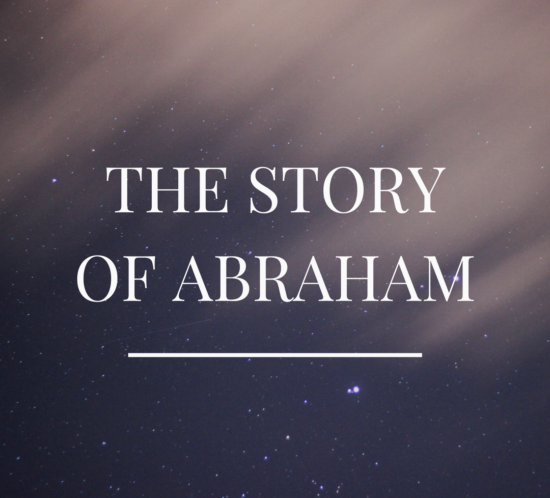The Birth of Laughter
Bible Text: Genesis 24:1-7 | Preacher: Kyle Wells | Series: The Story of Abraham
After excruciating tension and delay, this week we arrive at the birth of the long awaited child. And yet it is reported in a few short anti-climactic verses. Nestled between Abraham’s international affairs with King Abimelech (20:1–18; 21:22–34), the birth appears insignificant. But appearances can be deceiving. Isaac’s birth is the key promise in the Abrahamic narrative; everything else depends on it.
Laughter is an important word in this story. Isaac’s name means “he laughs” or “laughter”, and the word appears 5 times in these 7 verses. Isaac’s name would be a reminder of his parent’s previous responses to the promise (Gen 17:17; 18:12). It would also denote the joy that God brought into their lives, and the lives of so many others, through his faithfulness to his promise. In the end, Abraham and Sarah’s God turns their laughter of disbelief into a joyful laughter. He does this in at least two ways.
God fulfills his promise to Abraham: Verses 1–2 emphasize that God’s faithfulness extends to the details. He did exactly what he said he was going to do when he said he was going to do it. Isaac’s birth did not depend on the strength of human faith, but on the reliability of God’s promise. Abraham and Sarah could rejoice in knowing that God’s word is trustworthy. Through the birth of his son, Laughter, Abraham’s apprehensive laughter would have been put to rest and replaced by joy.
God fills Sarah’s heart with wonder: The years of waiting had taken their toll on Sarah. The pain of suffering had calcified into bitterness. Sarah had lost hope that God would intervene and stopped marveling in God’s power. She needed a renewed sense of God’s miraculous work on her behalf. The birth of Isaac gave her just that. The miracle of a son born to a ninety-year-old barren woman transforms her view of God: “God has made laughter for me” (21:6), and fills her heart with wonder (v7).
What about Israel?
As the first recipients of this message, Israel would have identified with Isaac; for had the Lord not been faithful in fulfilling his promise, there would have been no Israel. This text would encourage them to rejoice in how God miraculously and faithfully called them into existence and encourage them to continue to rejoice in all the ways he would miraculously and faithfully sustain their existence.
What about us?
As Christians, we can rejoice in much the same way. Yet we look to the ultimate son of promise, Jesus Christ. His miraculous birth gives even further cause for rejoicing in the God who miraculously and faithfully keeps his promise. Through Jesus’ life, death, resurrection, ascension, and through sending of the Holy Spirit, God has called us into existence. Every Christian is a miracle of grace and thus a cause for wonder. Every Christian can rejoice in the certainty that God will miraculously and faithfully keep every last one of his promises, even down to the details.





